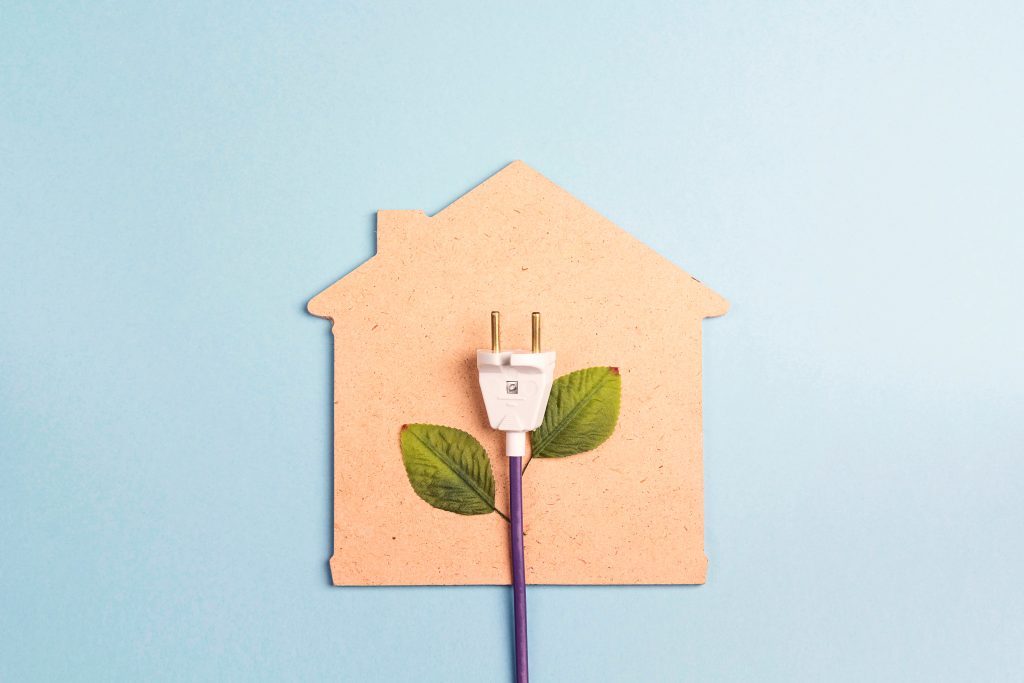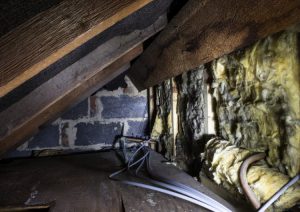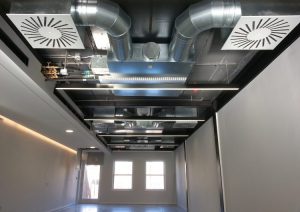As a homeowner, one of the best investments you can ever make on your home is conducting an energy audit or assessment. A home energy audit refers to a series of inspections on your home to determine how and where your house may be losing energy.
If your energy bills have been a bit higher than normal, then it’s time you got a home inspector to conduct that energy home audit. Before making that call, here are 5 things you need to take care of.
Get a Summary of Your Yearly Energy Bills
On average, a home with no insulation and other home improvements spends more than $2000 worth of utility expenses annually.1 An energy efficient house, spends about half of that amount. You have to admit that $1000 is a tidy sum to save.
Your energy and fuel bills are official documentation on how much you spend on energy. The bills will act as a guiding point for the auditor.
Make a List of Existing Problems
Nobody knows your house better than you do. Which parts of your home are cooler than the others? Does winter come with cold drafts? Is your family affected by frequent colds? Create a list of energy problems you are aware of and hand it over to the auditor.
You’ll find that most of the problems on that list are caused by air leakage or insulation problems.
Familiarize Yourself With What to Expect
Find out exactly what will be happening before the day of the audit. The person conducting the home energy audit will need to ask you a couple of questions; how many people live in your house? How many rooms are not in use? Are there occupants during work hours?
The inspection may also include the Blower door test2 and the thermographic inspection,3
Move Clutter From Access Points
For a thorough home energy audit, the inspector will want to access all rooms including the attic and the basement. Remove all obstructions to around the furnaces, air conditioners, and water heaters.
Make all areas of your house easily accessible by removing any clutter around them. This includes the crawl spaces.
Find a Qualified Energy Auditor
This is the most important aspect of your energy audit; a qualified home auditor. You will be investing money in your home and it’s only fair that you get value for your money. Conduct some research before making a decision and ask for referrals from friends and family.
Get an energy auditor that knows what they are doing!
What to Expect After a Home Energy Audit
After the energy audit is complete, you should expect a compressive report detailing your home’s energy efficiency. It should also highlight any deficiencies the energy auditor may have discovered and their accompanying recommendations.
Don’t hesitate to ask questions in regard to the report from your audit and be sure to execute the actionable recommendations.
Links to sources used
- Here’s What The Typical US Household Spends On Utility Bills – https://www.rockethq.com/learn/personal-finances/average-cost-of-utilities
- Blower Door Tests | Department of Energy – https://www.energy.gov/energysaver/blower-door-tests
- Thermographic Inspections | Department of Energy –https://www.energy.gov/energysaver/thermographic-inspections




